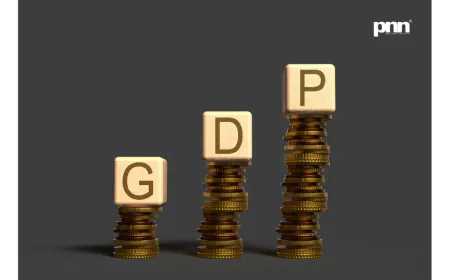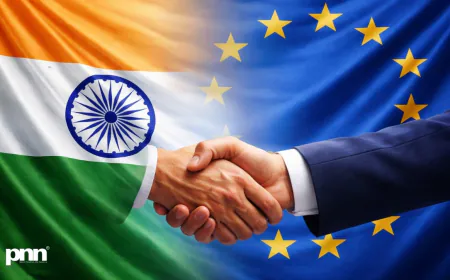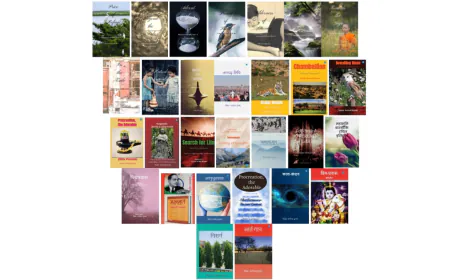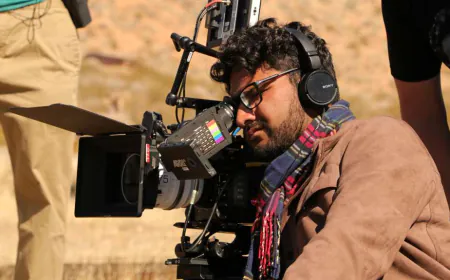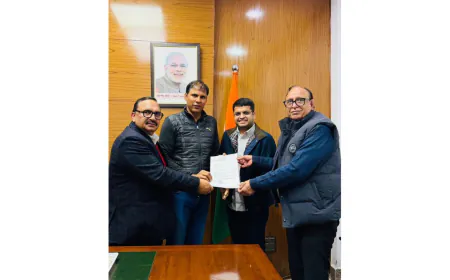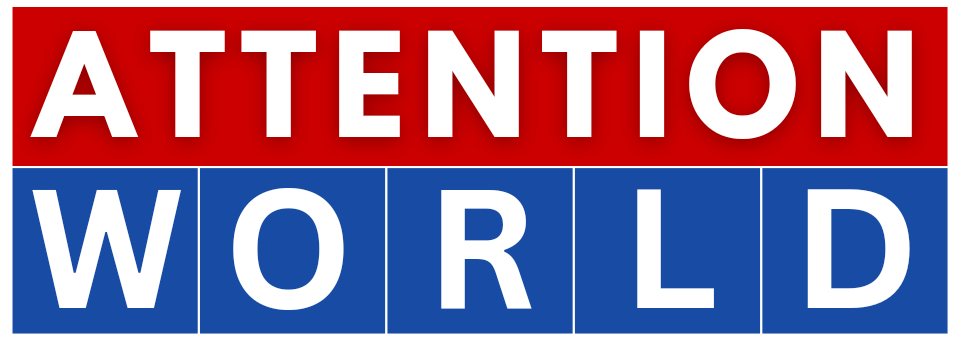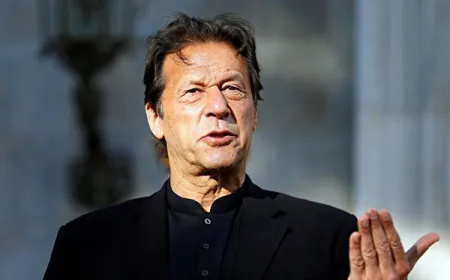Panama Canal Treaty: Jimmy Carter's Legacy, Donald Trump's Threat
Jimmy Carter, the former US president who dealt with crises like the Iran hostage situation and brokered peace in the Middle East, died on Sunday at the age of 100.

Jimmy Carter, the former US president who dealt with crises like the Iran hostage situation and brokered peace in the Middle East through the Camp David Accords, died on Sunday at the age of 100.
Mr Carter's presidency, though marred by economic struggles, is remembered for significant achievements such as the 1978 Camp David Accords between Egypt and Israel, and the Panama Canal Treaty of 1977, which transferred control of the canal to Panama. The move reshaped US-Panama relations and significantly impacted the geopolitical landscape.
The Panama Canal Treaty
Jimmy Carter, in 1977, signed treaties with Panamanian leader Gen. Omar Torrijos, which set in motion the gradual handover of the canal - a vital shipping route that had been under US control for over 75 years. The Panama Canal Treaty, agreed upon by both leaders, promised Panama full control by December 31, 1999, while the Treaty of Permanent Neutrality ensured the canal would remain open to vessels of all nations, and granted the US the right to defend it against any threats.
The decision led to a significant shift. The US had been deeply entrenched in the Canal Zone, a 82-km long, 16-km wide stretch of land in Panama that was essentially a US enclave, complete with its own government, courts, and military presence. But resentment had been growing in Panama, with increasing calls for sovereignty over the canal and an end to the segregationist policies of the Canal Zone, which had created inequality between US residents and Panamanians.
Many saw the transfer of control as a surrender to a military dictatorship, while others viewed it as a crucial step in ending colonial legacies. The treaty had a tough battle in the US Senate, but with support from unexpected sources, including Hollywood star John Wayne, it was ratified. The handover process began in 1977, with Panama gradually taking on administrative and military duties. By 1999, Panama had gained the expertise to manage the canal effectively.
Donald Trump Threatens To Take Over Panama Canal
Earlier this month, Donald Trump threatened to reclaim US control over the Panama Canal, accusing Panama of charging "excessive tariffs" for its use. The President-elect also warned that he would not allow the canal to fall into the "wrong hands," citing potential Chinese influence. He said that the canal was "solely for Panama to manage, not China or anyone else." He also threatened that if Panama did not adhere to certain conditions, the US would demand the canal be returned to them.
Panama's Response
Panama's President Jose Raul Mulino has firmly rejected any discussions with Trump regarding the control of the canal. Mr Mulino also dismissed claims of Chinese influence saying that the canal is "Panamanian and belongs to Panamanians," and there is no possibility of opening any discussions on this matter. He further clarified that the canal's tolls are not arbitrarily set by Panama's president or administrator but through a long-established, transparent process. Mr Mulino also emphatically denied Trump's allegations of Chinese soldiers operating the canal, calling it a baseless claim.
What's Your Reaction?












